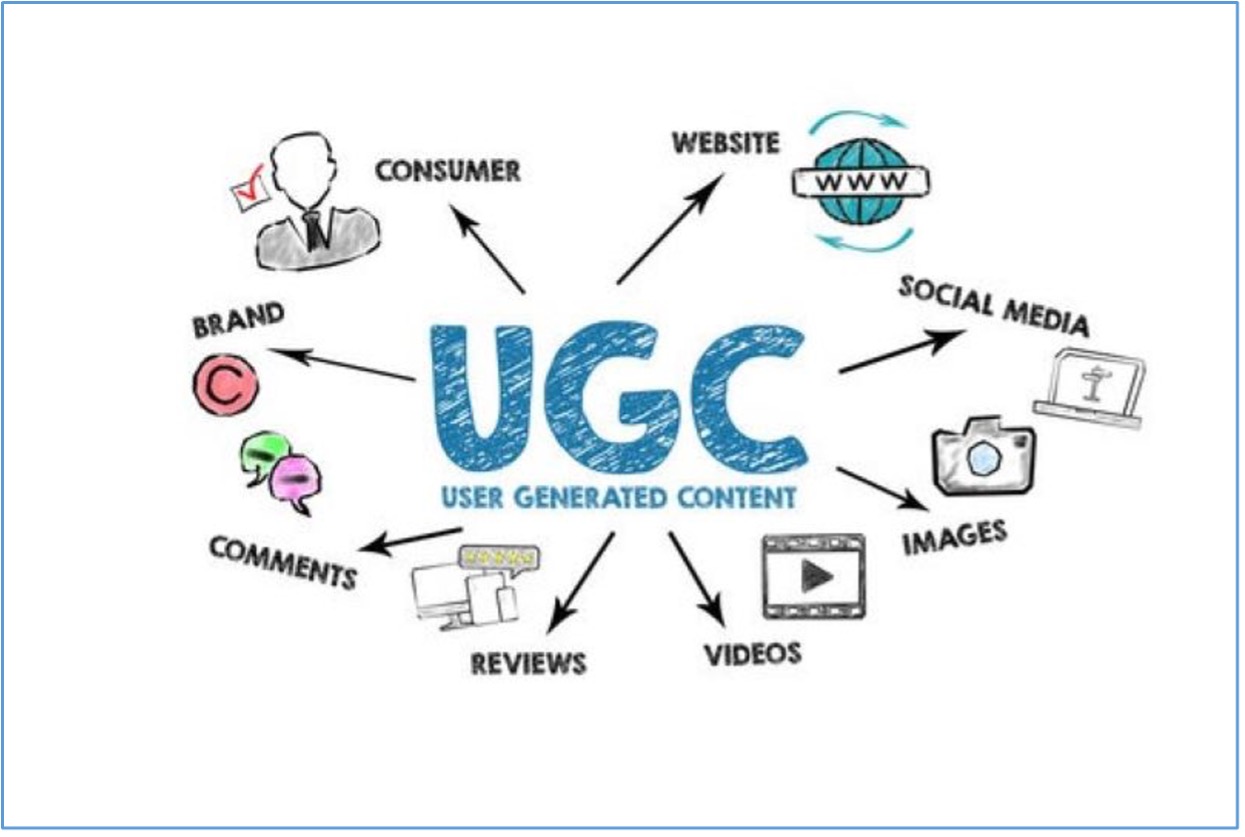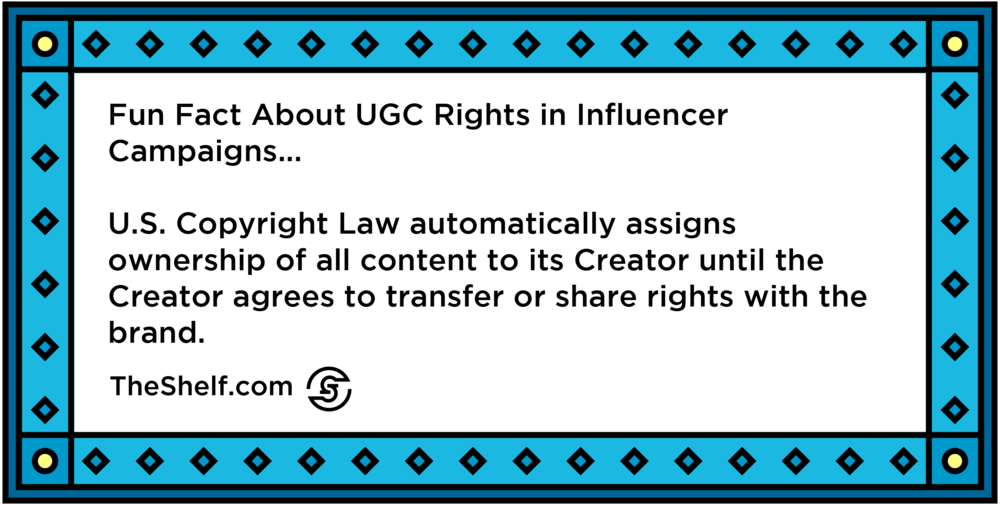UGC Compliance: Navigating Legal and Ethical Considerations for Small Businesses
Meta Description: Discover the essential legal and ethical considerations for small businesses when utilizing user-generated content (UGC). Learn how to navigate copyright, consent, and more to enhance brand credibility.
User-Generated Content (UGC) plays a pivotal role in modern marketing strategies, especially for small businesses looking to boost engagement and build a community around their brand. However, with the rise of UGC comes the responsibility of understanding the legal and ethical implications of using content created by consumers. In this guide, we will navigate the complexities of UGC compliance, providing valuable insights and actionable strategies specifically for small business owners.
About the Author
Livia Novak, SEO Specialist, has over five years of experience in helping small businesses optimize their digital marketing strategies, focusing on compliance and ethical considerations.
What is User-Generated Content (UGC)?
User-Generated Content (UGC) encompasses any form of content—be it text, images, videos, or reviews—created by consumers or users rather than the brand itself. It represents an authentic voice that resonates with potential customers, making it a valuable asset for any business's marketing efforts. UGC can be leveraged through social media, online reviews, testimonials, and more.

Understanding Copyright Laws in UGC
As small business owners strive to harness the power of user-generated content, it is crucial to have a solid understanding of copyright laws. According to the U.S. Copyright Office, creators retain the copyright to their original content. This means that businesses must seek explicit permission before utilizing UGC.
Key Aspects of Copyright:
- Ownership: Always remember that the original creator owns the content they created.
- Permissions: Use a formal approach to seek permission, whether through direct messages, emails, or consent forms.

The Fair Use Doctrine
The fair use doctrine allows limited use of copyrighted material without needing permission. However, it can be complex. Fair use typically applies to uses such as commentary, criticism, news reporting, or teaching. To safely navigate these waters, consider implementing the following checks:
- Purpose of Use: Is it for commercial or educational purposes?
- Nature of Work: Is the work published or unpublished?
- Amount Used: Are you using a small section or the entirety of the work?
- Market Effect: Does it impact the market value of the original work?
While this doctrine exists to protect certain uses, it's essential to tread carefully and consult legal advice if unsure.
Obtaining Consent and Permissions
Going beyond the legal requirements, ethical considerations should also guide businesses in their use of UGC. Always prioritize obtaining explicit consent from content creators. Here are effective ways to request permission:
- Direct Outreach: Contact the creator via social media or email and clearly state your intention to use their content.
- Consent Forms: Develop a simplified consent form that outlines how their content will be used.
- Collaboration: Engage with creators in a partnership where they are rewarded for their contributions.
The Importance of Attribution
Crediting the creators of UGC is not just a best practice; it is an ethical obligation. When utilizing someone else's content, remember to provide proper attribution. This can be done by:
- Linking back to the creator’s profile.
- Mentioning their name in promotional materials.
- Featuring their content with a credit line.
Respecting User Privacy
User privacy is paramount in today's digital landscape, especially with stringent regulations like GDPR (General Data Protection Regulation) in Europe and CCPA (California Consumer Privacy Act) in the U.S. Businesses must protect user information when handling UGC. Here are strategies to ensure compliance:
- Be transparent about how the UGC will be used.
- Specify whether user data will be stored or shared with third parties.
- Take necessary steps to secure user data against breaches and unauthorized access.
:max_bytes(150000):strip_icc()/general-data-protection-regulation-gdpr.asp-final-1b12e02aa4d149b9af4fcd8aec409a89.png)
Common Legal Pitfalls to Avoid
Many small businesses unwittingly stumble into legal trouble due to lapses in UGC compliance. Here are common pitfalls to avoid when utilizing UGC:
| Legal Pitfall | Description |
|---|---|
| Failing to Obtain Permission | Using content without asking for explicit consent can lead to copyright claims. |
| Incorrect Attribution | Inadequate credit to the original creator can tarnish your brand’s reputation. |
| Misrepresenting Content | Using UGC in a context that conflicts with the creator's intent may lead to backlash. |
Understanding these pitfalls helps you maintain compliance while protecting your brand's credibility.
Successful Brands Utilizing UGC
Many successful brands effectively leverage UGC while adhering to compliance standards. For example:
- GoPro has built a community around user-generated adventure videos, encouraging users to share experiences while making sure to gain permissions.
- Starbucks’ #RedCupContest showcases customer photos of their festive cups, building engagement and celebrating creativity ethically.
These case studies illustrate that when done right, UGC can significantly enhance brand engagement and authenticity.
Real-World Consequences of Non-Compliance
On the flip side, businesses that misuse UGC can face severe legal repercussions. Consider documented incidents where brands paid substantial settlements or faced public backlash due to copyright infringement or lack of proper attribution. Understanding these consequences underscores the need for compliance.
Valuable Data and Statistics
By making data-backed decisions, small businesses can better understand the impact of UGC:
- Rising Popularity of UGC: A survey by Stackla highlights that 79% of people claim UGC highly influences their purchasing decisions.
- Engagement and Conversion: Businesses utilizing UGC see conversion rates increase by up to 29% compared to those that don't.
- Financial Risk of Non-Compliance: Legal issues can cost small businesses thousands in unnecessary litigation and settlements.
Practical Tools and Resources
To ensure compliance while effectively utilizing UGC, consider leveraging the following resources:
- Legal Resources: Visit the Digital Media Association (DiMA) for comprehensive guidelines on UGC compliance.
- Templates: Download ready-to-use templates for permission requests and attribution guidelines.
- Workshops/Webinars: Attend industry-focused webinars to enhance your understanding of UGC compliance.
Conclusion
Navigating the complexities of UGC compliance is essential for small businesses looking to enhance their marketing strategies while maintaining legal and ethical standards. As you move forward, consider conducting a compliance audit of your current UGC practices. Engaging in this exercise not only protects your brand but also empowers you to utilize UGC effectively and responsibly.
As you evolve in your understanding of UGC compliance, do not hesitate to reach out for expert legal consultations if needed. Stay informed, act ethically, and watch your engagement flourish!
